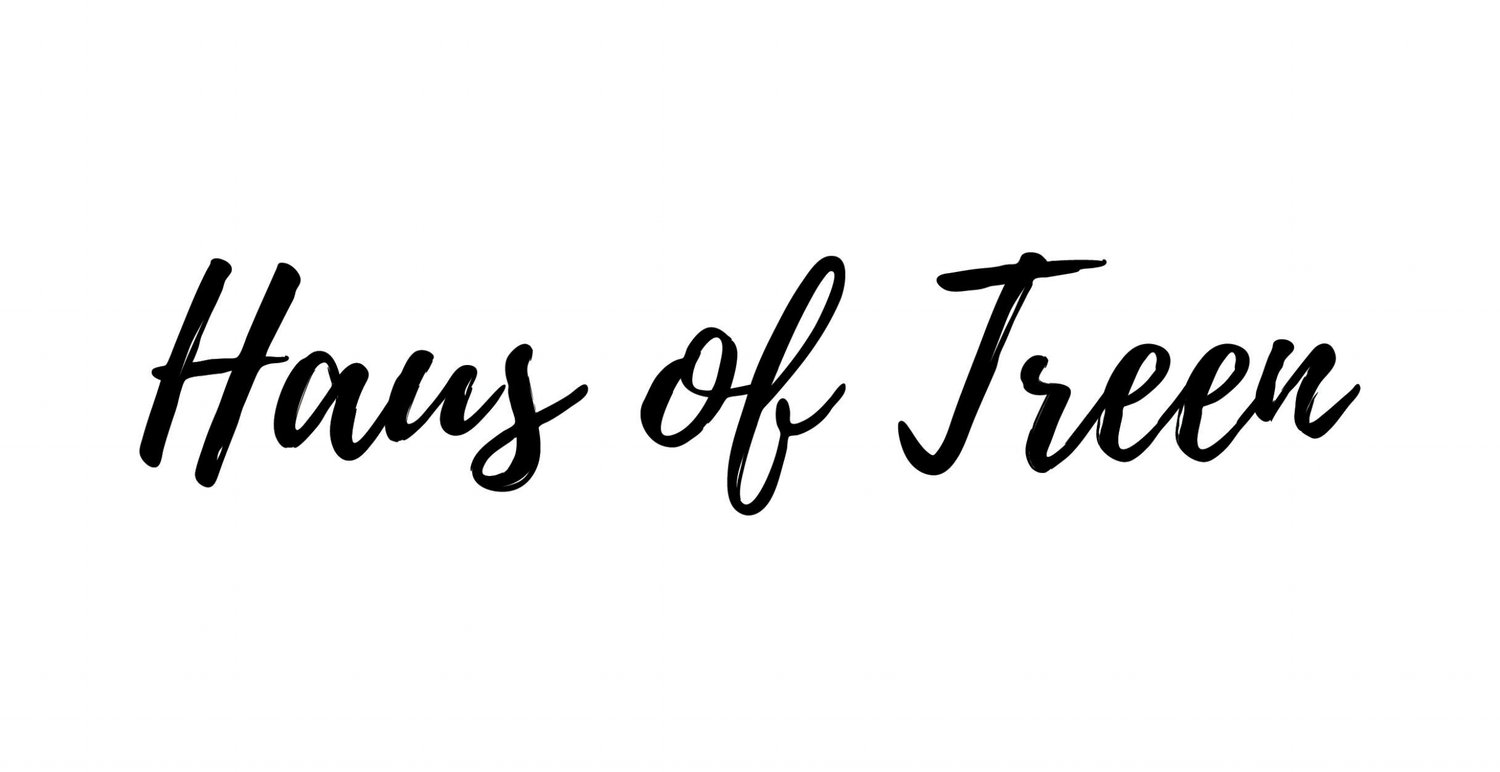A Grief Cheat Sheet
As a white middle class Australian, I’m confident when I say that people don’t know how to act when someone dies. Other cultures have traditions like not moving anything or wearing the same clothes for days. Maybe it’s the lack of traditions to hold onto that result in the dumb things people do while trying to comfort the grieving individual. For example, here’s a sample of just some of the things that were said to me after my dad died from cancer;
‘It was because he drank so much diet coke’.
‘It was because he didn’t eat organic’.
‘At least now you’ll be able to go to his gravesite and win all the arguments’.
And about three years after his passing it was suggested that I go and talk to someone because I didn’t seem to be ‘getting over it’.
Even to this day if it comes up that my father has passed away it gets very awkward very quickly. Even at my dad’s wake things were a bit awkward. Nowadays when people ask about my family I don’t mention my father in hopes to save us all from that uncomfortable moment. Now if people ask I just say he’s dead. I’ve given up my quest to make others feel less uncomfortable. And I use that word, ‘dead’. Not ‘passed away’ or ‘gone’ or anything that’s slightly ambiguous. Because if they missed the first clue I gave them, I don’t want them to misunderstand a second time.
Several my friends that are thirty somethings with deceased parents have reported experiences that parallel mine. Many people just don’t know what to do. The following is a cheat sheet I’ve done up. It’s a bit vague and not one of those neat tick and flick ones because grief isn’t neat. I’ve written this down because about eighteen months ago my mother received her own cancer diagnosis. And for the long term it’s not looking good. Here are a few things I need you to understand when it comes to my grief.
1. Do not ask me to take family photos at the funeral. Because that’s what happened at Dad’s funeral, grandad’s funeral, grandma’s funeral…Why? I know it’s the first time in ages we’ve all gotten together but if you really want photos let’s all pull our fingers out and organise a cheerier event. For goodness sake people are grieving, just because we’ve all got cameras in our phones these days doesn’t mean we have to use them.
2. Understand that grief is not a straightforward process. It’s unpredictable. Grief is as brutal as it is ugly, it builds as it takes away. Some days I felt like I was drowning in emotion. Other days I felt fine until I went for a run and ended up ugly crying the whole ten k’s.
3. I won’t be the same on the other side. To walk through grief is to walk through fire. Grieving for my dad refined who I was. It made me more determined and less tolerable for time wasters. My social circle is smaller, and my calendar is now where near as full.
4. Let me be silent. The two most profound things friends did for me while I was in the depths of grief was to be silent with me. The first friend came up to me at the funeral after everything was over. I was sitting in the front row with the shiny white casket before me. Everyone else had gone outside. I wasn’t ready for this to be over. I wasn’t ready to leave the room because once I left there was no coming back. It was done. Zoe came up to me and wrapped her arms around me as I sat there. To this day it is still the single most powerful thing anyone did for me. It some ways I’m still sitting there on that pew, not wanting the funeral service to be over. Not wanting to face reality. Zoe’s touch reminded me that I wasn’t alone.
My other friend Chris, let me crash his house and sleep. He’d go about his life while I slept so many days away. Often, he’d feed me porridge or Indian from plastic containers.
For me grief was so lonely. It was a beast I had to face alone. I wasn’t close to my family, emotionally or physically. Some days the last thing I wanted to do was go home and be alone. Just like I didn’t want to leave the funeral home, going home would mean facing my reality.
5. Appreciate that grief can start before the person dies. Hope is essential for the patient, family and friends when someone is being treated for a potentially terminal illness. When the diagnosis changes to terminal, hope for the future is killed. I was grieving for our future while my dad was still present. It’s going to be so much harder this time with Lucy here. Already I feel ripped off. Not just for me but for my little girl.
6. Lastly, do not talk to me about your cancer theories. I don't want to know about what you think caused it. But I do want you to go see your doctor and get ALL the appropriate checks. Respect what I'm going through by respecting the life that you have. Get the colonoscopy/skin check/mammogram. Adopt a healthier lifestyle. Do what you can to reduce your risk.
